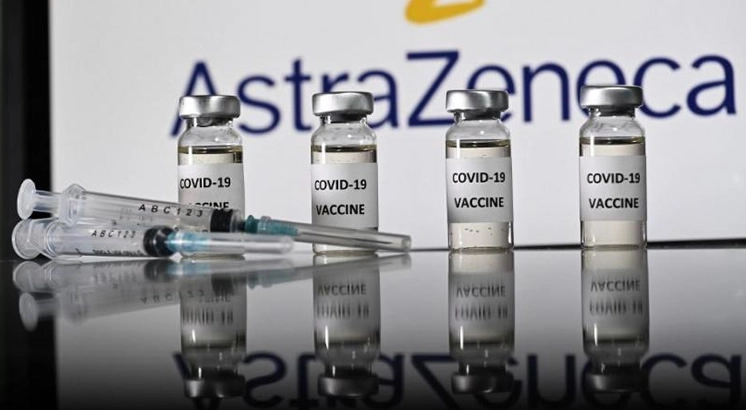A grocery store chain is apologizing after vaccinating some customers with expired doses of the AstraZeneca COVID-19 vaccine.
Save-On-Foods confirmed in an email to the NOW that 10 customers received the expired doses at a single Burnaby location, although it did not say which location.
“We can confirm that 10 customers at a single lower mainland location in Burnaby were administered an AstraZeneca COVID-19 vaccine on April 5 that had an expiration date of April 2,” says a news release. “As soon as we discovered the error, we immediately began contacting the impacted clients and making the appropriate disclosures and reports to the professional bodies.”
Save-On-Foods says it is taking steps to ensure this doesn’t happen again.
“Navigating through this pandemic is stressful in itself and we have sincerely apologized to these customers who were impacted. We have taken steps to tighten, refine and reinforce our operational processes and related guidelines to ensure this remains an isolated incident. We understand that the concern with receiving an expired vaccine is the relative effectiveness of the vaccine and we have contacted the Medical Health Officer and followed their guidance on how to continue vaccination of these customers so they are protected from COVID-19.”
B.C. recently approved multiple pharmacies to start giving vaccinations using the AstraZeneca vaccine.
The vaccine has had a rocky roll out, with health officials in several countries trying to assure people it is safe.
Regulators in the United Kingdom and the EU both stressed that the benefits of receiving the vaccine continue to outweigh the risks for most people, and the EU agency maintained its guidance that the vaccine can be used in all adults. But experts fear the confusing messages about the vaccine could still dampen enthusiasm for it at a time when Europe and many other parts of the world are facing surging cases.
Experts hammered home the rarity of the clots Thursday.
“The risks appear to be extremely low from this very rare side effect," Anthony R. Cox, of the University of Birmingham’s School of Pharmacy, told the BBC. "I mean it’s the equivalent of the risk of dying in the bath, drowning in the bath, for example, it’s that rare, or a plane landing on your house.”
Dr. Sabine Straus, chair of the EU regulator's Safety Committee, said the best data was from Germany, where there was one report of the clots for every 100,000 doses given, although she noted far fewer reports in the U.K. Still, that’s less than the clot risk that healthy women face from birth control pills, noted another expert, Dr. Peter Arlett. The agency said most of the cases reported were in women under 60 within two weeks of vaccination, though it was unable to identify specific risk factors based on current information.
The EU is trying, but so far failing, to avoid different policies among its 27 nations, which all look to the European Medicines Agency for guidance. Health Commissioner Stella Kyriakides called Wednesday evening for a coherent approach to ensure that “on the basis of the same set of evidence, similar decisions are taken in different member states.”
News of the tiny risk already is already having an effect. In Croatia, the government said that one in four people due to get an AstraZeneca shot Thursday didn't show up. Poland, too, has also seen people cancel or not appear for appointments to get the vaccine.
But in B.C., most vaccination bookings for the AstraZeneca vaccine at local pharmacies have been booked up.
- With files from the Canadian Press


